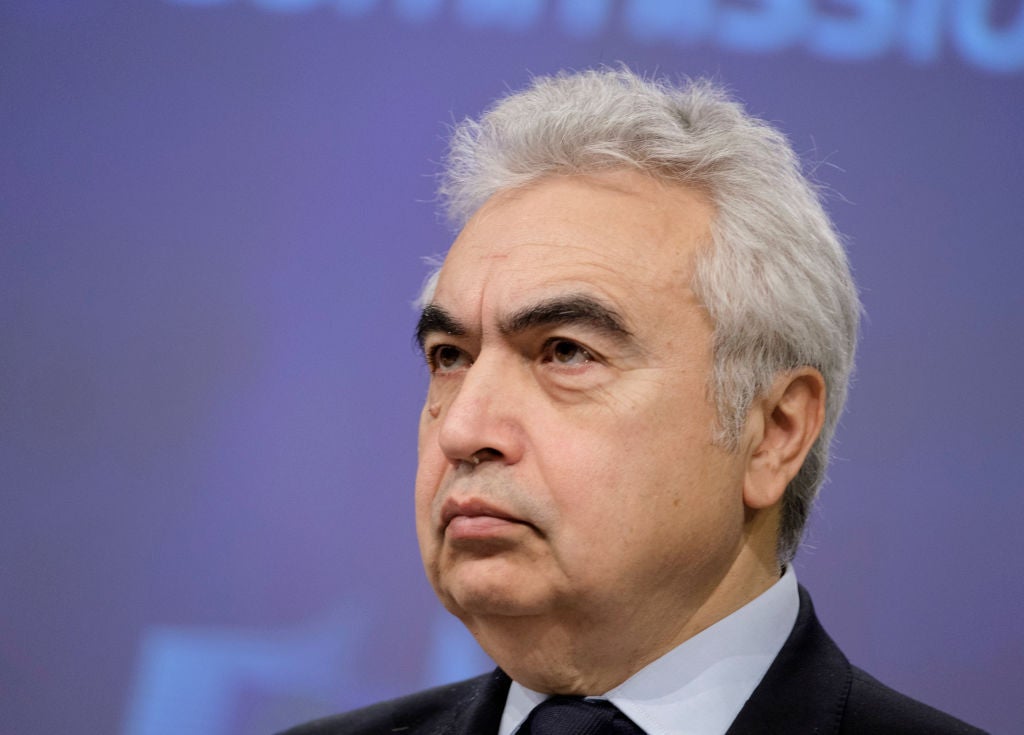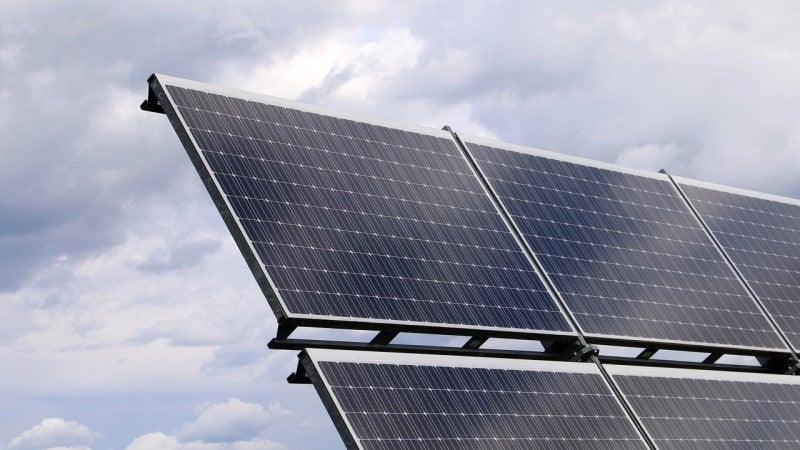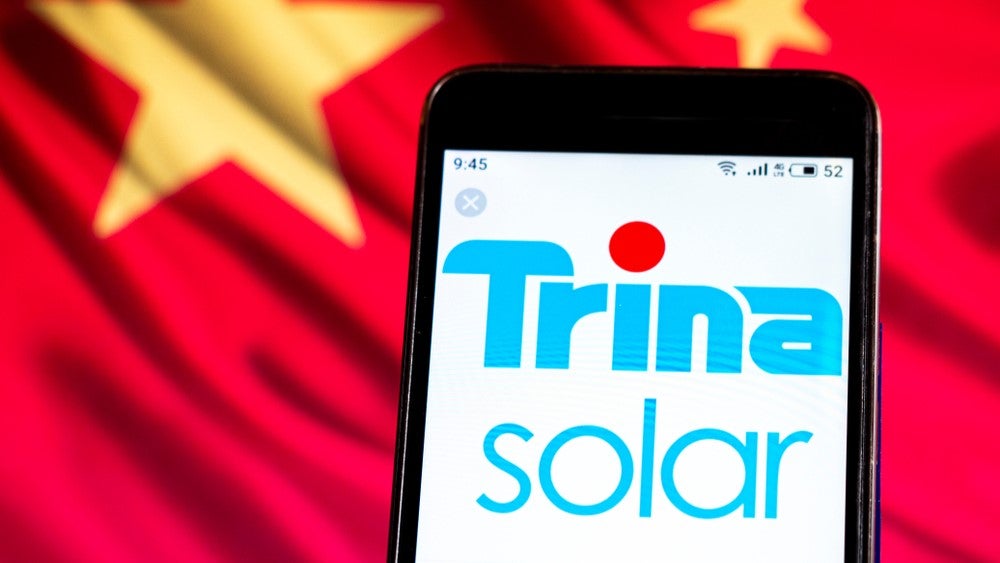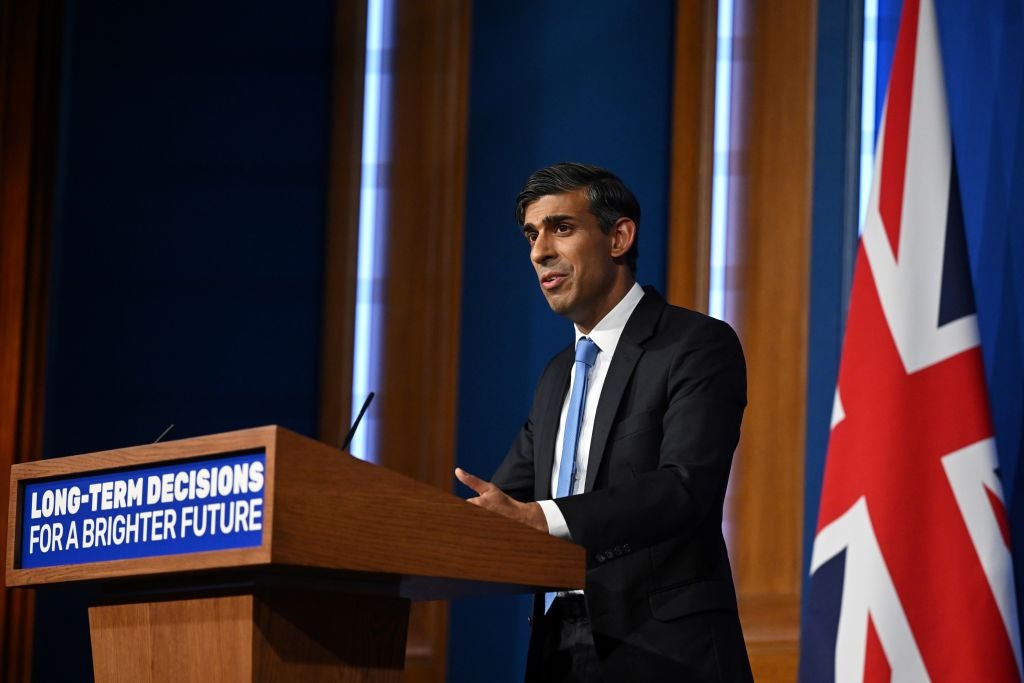The International Energy Agency’s (IEA) first Critical Minerals and Clean Energy summit, held on Thursday in Paris, France, has produced a list of six key actions aimed at ensuring more secure, sustainable and reliable supply chains.
The first action focuses on diversifying mineral supplies. To support countries’ clean energy ambitions, it will be necessary to significantly increase supplies of many minerals and metals, the IEA said.
“The level of over-concentration that we see in critical minerals markets today is unlike that for any other major commodity we have come to rely on in the modern world," said IEA Executive Director Fatih Birol. "History has shown us that failing to properly diversify supplies and trade routes of essential resources comes with profound risks."
The second underscores the importance of recycling materials to alleviate strains on supply. The IEA also announced that it will undertake an in-depth study to examine effective approaches to recycling. The study will cover all potential sources such as e-waste, industry scrap, end-of-life batteries, wind turbines and permanent magnets, although no time frame for completion or publication was indicated.
The third action seeks to promote transparency in markets, warning that some critical minerals markets are characterised by limited price transparency, which could lead to volatility and hinder investment. To combat this lack of transparency, the IEA pledged to strengthen its market monitoring capabilities. The fourth action similarly focused on the need to enhance reliable information, specifically to ensure that the IEA remains able to provide reliable, up-to-date data.
The remaining actions looked at creating incentives for responsible practice regarding sustainability and stressed the importance of collaboration. Summit participants highlighted the need to speed up approvals of new facilities without loosening legal and regulatory protections.
An underlying theme throughout the summit was the agreement that the issue of exponential demand growth for critical minerals cannot be solved by any one country or company. This notion was echoed by UN Framework Convention on Climate Change consultant Arvea Marieni at a climate conference in London, UK, on Tuesday. In a panel discussion, Marieni stressed that without significantly improved collective action, global climate action “won’t go anywhere”, emphasising the need for increased collaboration between the EU and China.
General warnings about China’s grip on critical mineral supply chains also underlined discussion at the summit. In remarks thought to be aimed at China, US Energy Secretary Jennifer Granholm said the world is currently facing a dominant supplier of critical minerals that is willing to exploit its position for political gain. Other speakers too repeatedly implied that one country – China – controls much of the world’s processing of energy transition materials.
In her State of the Union address earlier this month, European Commission President Ursula von der Leyen criticised China for its market dominance. “We have not forgotten how China’s unfair trade practices affected our solar industry,” she said, adding that global markets are now “flooded” with cheaper Chinese electric cars, whose prices are kept “artificially low” by state subsidies.
On Chinese dominance, Isabel Al- Dharir, analyst at GlobalData, said: “It is certainly possible that the West can reduce its reliance on China; however, this will be a long-term goal considering the present-day status. Europe is looking to strengthen its mineral supply chain both domestically and internationally. For example, in March 2023, the EU announced plans to invest €50m ($54m) in mining projects in the Democratic Republic of Congo.”












